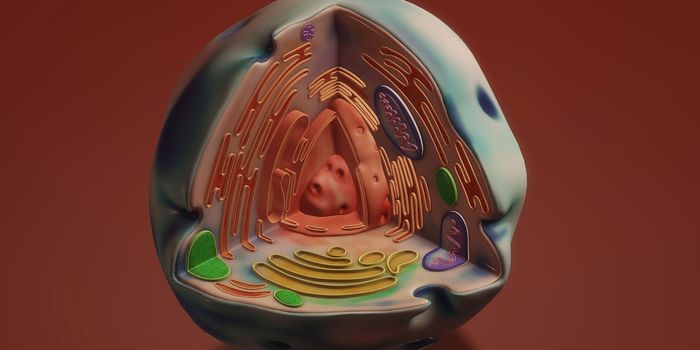Kids' Genes may be Influencing Their Snacking Habits
Children may have an innate preference for certain snacks, researchers have suggested. Scientists assessed whether variations in the genetic code for taste receptors that either sense fat, prefer sweets, or are averse to leafy, bitter green vegetables have an impact on the snacks that preschoolers pick. The Guelph Family Health Study at the University of Guelph found that about 80 percent of preschoolers have specific genotypes that could leave them predisposed to make poor food choices.
"Kids are eating a lot more snacks now than they used to, and we think looking at how genetics can be related to snacking behavior is important to understanding increased obesity among kids," noted researcher Elie Chamoun, a graduate candidate in the Department of Human Health and Nutritional Sciences who was part of the the Guelph Family Health Study team. "This new research could help parents understand how their kids taste, and tailor their diet for better nutritional choices."
In this study, the investigators looked at how the genetics of three taste receptors were linked to snacking patterns in preschoolers. The daily diets of almost 50 preschoolers showed that about a third of their food consists of snacks. With a saliva swab proving the genetic material, a taste profile was created for each individual. It showed that kids who had genes that are connected to a preference for sweets also consumed significantly more sugary snacks, and tended to do so in the evening. The findings have been reported in the journal Nutrients.
"It's likely these kids snacked more in the evening because that's when they are at home and have more access to foods with high sugar," explained Chamoun.
Kids carrying a genetic variant related to oral sensitivity to fat were found to eat snacks with higher energy density. It may be that those children with this variant have low sensitivity to fat, which could encourage the consumption of more fatty foods, said Chamoun.
"Higher-energy density snacks, such as cookies with lots of sugar and fat, have a higher number of calories for their weight. Those are snacks you want to avoid."
The kids carrying a genetic variant connected to bitter vegetable avoidance also ate fewer snacks with high energy density.
"They might be replacing those healthy veggies with unhealthy snacks. This is why they may be consuming more energy-dense snacks, because they are avoiding the healthy ones," suggested Chamoun.
This report may only be one of the first in a new area of research in nutrition and health. If genetics and food preferences are indeed connected, then tests could be created that would inform people about how their kids are influenced.
"This could be a valuable tool for parents who might want to tailor their children's diet accordingly. For example, if you know your child has a higher desire for sweet foods based on their genetics, you might be more likely to limit or reduce their accessibility to those foods in the home,” explained Chamoun.
Sources: AAAS/Eurekalert! Via University of Guelph, Nutrients









